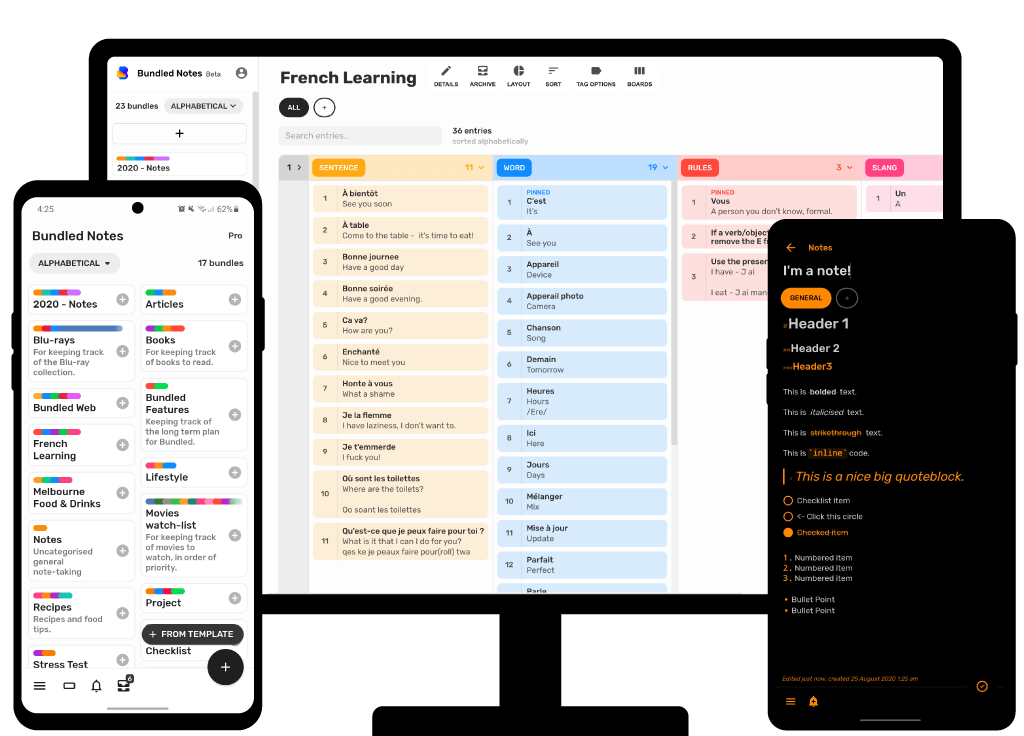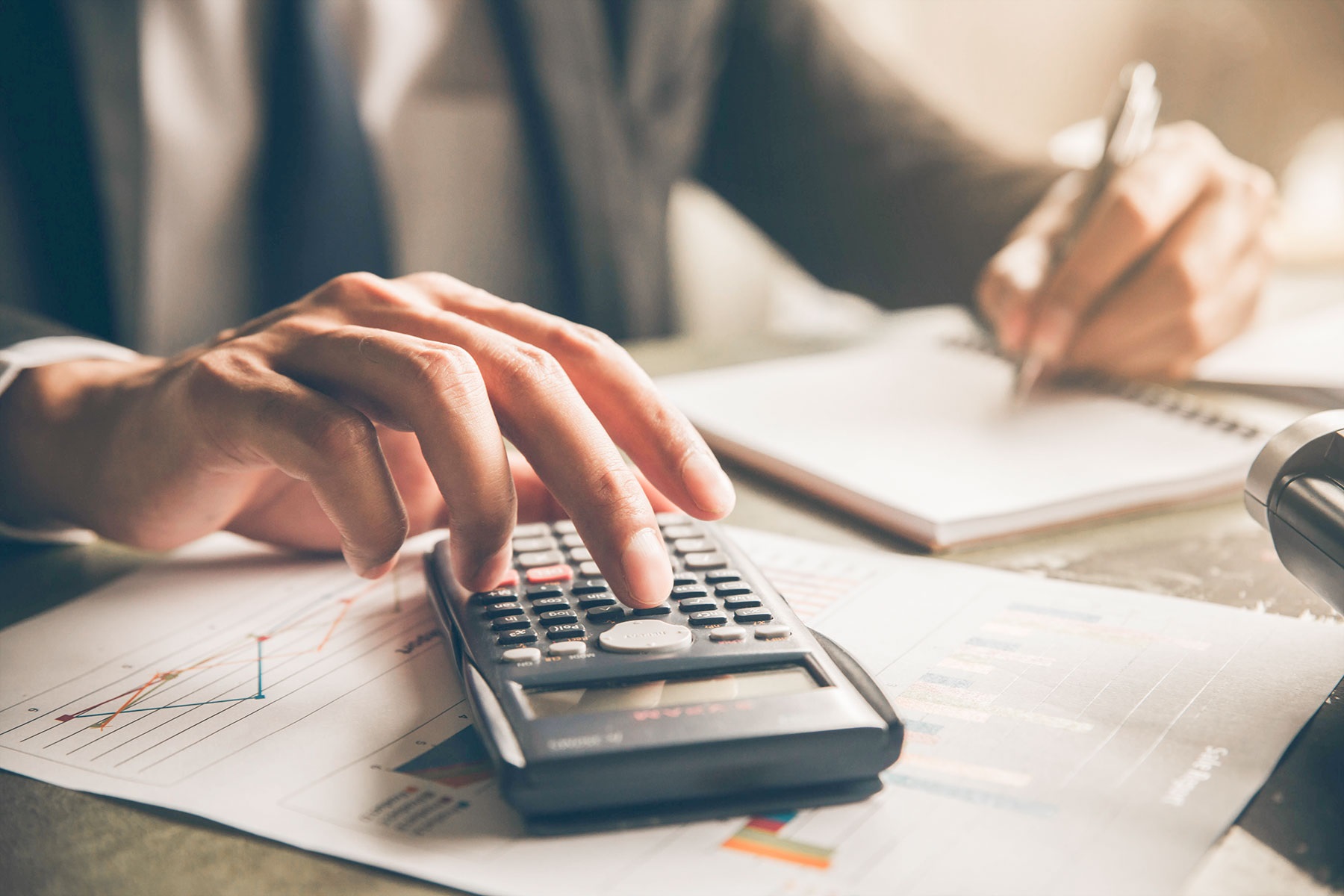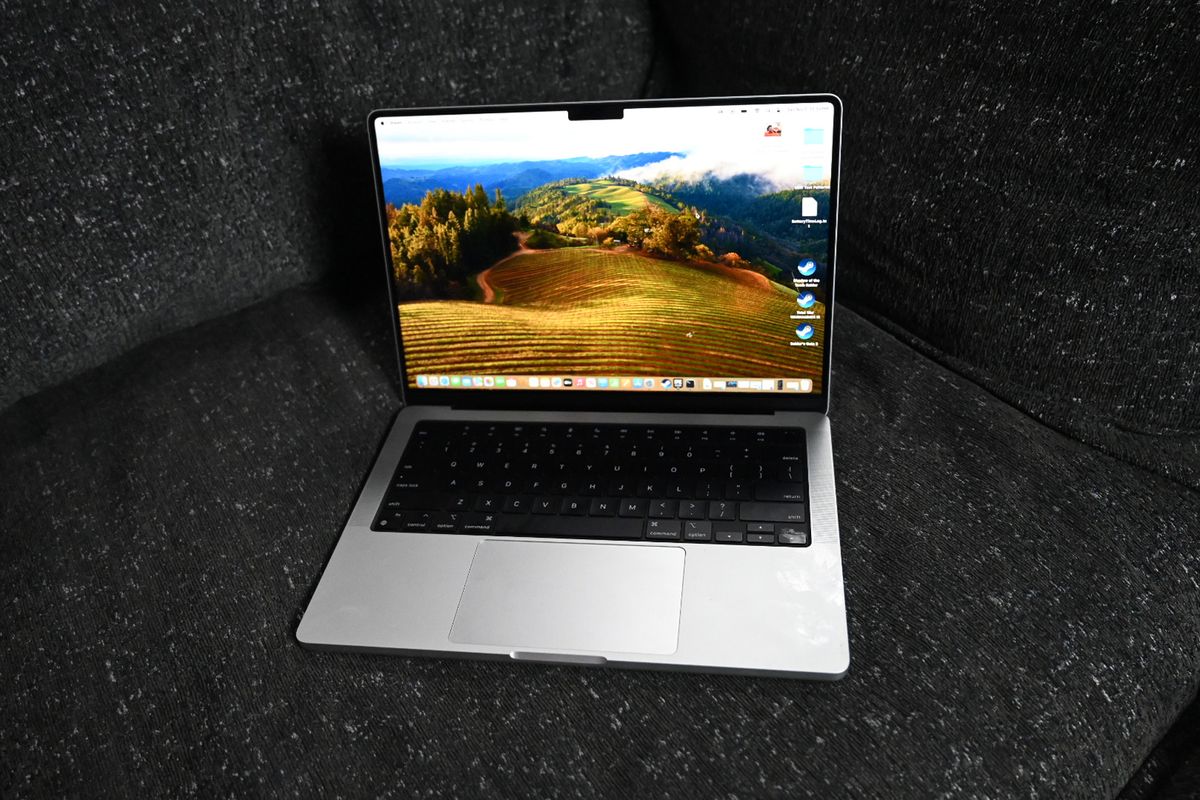Enter private note apps a class of software designed to provide a secure and encrypted environment for taking notes, storing sensitive information, and engaging in private messaging. These apps leverage advanced encryption techniques and stringent security protocols to ensure that your data remains confidential and inaccessible to unauthorized parties, even in the age of free cloud services and widespread data sharing.
Risks of unsecured note-taking
Many of us rely on popular note-taking apps and messaging platforms that may not prioritize privacy and security. These services often store our data on their servers, potentially exposing it to cybercriminals, government surveillance, or even internal mishandling. Furthermore, unsecured notes and messages are easily accessed by anyone who gains physical access to your devices, putting your sensitive information at risk of prying eyes. It is particularly concerning for those who handle confidential business data, work on sensitive projects, or simply value their privacy.
Benefits of private note apps
Private note apps offer a comprehensive solution to address these privacy and security concerns. By leveraging advanced encryption technologies, these apps ensure that your notes and messages are protected from unauthorized access, even if they are intercepted or stored on compromised servers. The key benefit of private note apps is end-to-end encryption (E2EE). With E2EE, your data is encrypted on your device before being transmitted or stored, and only the intended recipient(s) with the correct decryption keys can access the unencrypted content. It means that even the app developers or service providers cannot read your notes or messages, providing an unparalleled level of privacy and security. In addition to encryption, many private note apps offer a range of advanced security features, such as:
- Self-destructing messages – For situations where you need to share sensitive information temporarily, some private note apps offer self-destructing or ephemeral messaging capabilities. These messages are automatically deleted after a predetermined period, reducing the risk of accidental data exposure or unauthorized access.
- Biometric authentication – To further enhance security, many private note apps incorporate biometric authentication methods, such as fingerprint or facial recognition. This additional layer of protection ensures that only authorized individuals access the app and its contents, even if your device falls into the wrong hands.
- Secure sharing and collaboration – While privacy is a top priority, there may be instances where you need to share notes or collaborate with others securely. Private note apps often provide secure sharing features, allowing you to grant temporary or limited access to specific notes or folders while maintaining strict control over who views or edits the content.
Striking the right balance – Privacy, security, and convenience
Are safenotes taxable? While private note apps offer unparalleled security and privacy benefits, it’s important to strike the right balance between these features and convenience. Some users may find the added security measures, such as complex encryption processes or multi-factor authentication, cumbersome or time-consuming. App developers must carefully consider the user experience and strive to implement security features in a way that minimizes friction and promotes consistent usage. This may involve features such as seamless syncing across devices, intuitive user interfaces, or streamlined authentication processes.






